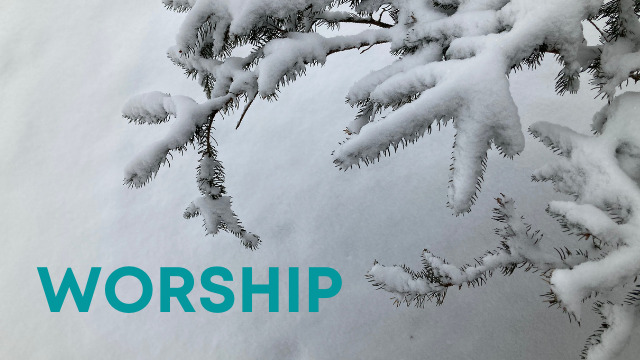
This is part II in a series of four articles on Quaker Traditions. In his role as Associate Secretary for Religious Life, Zachary Dutton has listened deeply to Friends in the community. Working with the PYM staff community engagement team he has provided answers to framing questions for this four-part series. The answers are reflective as opposed to definitive.
We recommend reading Part I: Spiritual Practice, before reading Part II.
When we talk about worship in the Quaker Faith; what do we mean?
Worship is integral to Quaker traditions. Worship brings together individual spiritual practice, communal spiritual practice, and pastoral care (aka relationship work).
In overlapping ways, we worship to reinforce our individual connection to the divine and our spiritual practices that support this. Our worship is a form of communal spiritual practice, seeking teachers and inspiration. We worship to find solidarity and unity.
What is a gathered or covered meeting?
Sometimes in the context of Quaker worship, we experience a “gathered meeting” or a “covered meeting.”
These are phrases used to describe a profound sense of connection to others gathered that transcends our own subjectivity and helps us to achieve a shared sense of identity and belonging. In these moments, the solidarity or unity we experience helps remind us of the tenderness and affection we feel for one another and the presence of Spirit binding us as one.
In this vulnerability, we are capable of great transformation and spiritual growth.
Achieving this requires the discipline of listening to and joining with others in the context of the whole. Therefore, no one person is permanently in charge of the worship experience.
There is no pastor, priest, or minister (hired or volunteer) to lead the entire worship experience. This is a responsibility that is shared by many in the community.
Next week we’ll talk about the beliefs and practice of being Quaker…
The gift of the Quaker faith is that it is one of continuing revelation, so this article speaks to the ‘here and now’ of our faith even as it is tied to, and reflects, our history and tradition. If you have thoughts on these questions, please share them with Zachary Dutton at zdutton@pym.org.